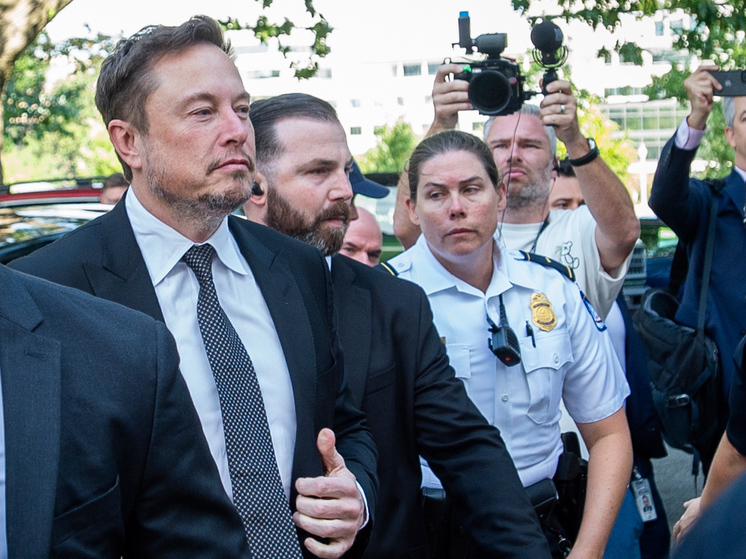“We will achieve symbiosis with artificial intelligence”
Elon Musk’s company Neuralink received permission from the US Food and Drug Administration to begin brain operations that will allow using an implantable chip to connect people to computers. The billionaire's biotech startup is already looking for volunteers for its first clinical trials. Previously, tests were carried out on animals.

Elon Musk is preparing for a new round of his career. He created a biotech startup called Neuralink, which is now recruiting volunteers to test technologies. The company previously announced the kit, but at the time it did not have a license, which was finally issued by the US Food and Drug Administration.
The test involves an operation in which a surgeon removes a piece of the skull so a large robot can insert a series of electrodes and ultra-thin wires. The missing piece of the skull will be replaced with a computer the size of a 25-cent coin, Bloomberg notes. This miniature device will remain there for several years. His work will analyze a person's brain activity and then transmit this information wirelessly to a laptop or tablet. Thus, Elon Musk, within five years, wants to connect people to computers and “provide the ability to control a cursor or keyboard using only your thoughts.”
The chip will be tested on paralyzed patients as part of the Precision Robotic Interface Brain-Computer (PRIME) study, which is being conducted to evaluate both the safety and functionality of the implant. Several companies have already created implants that can help patients perform tasks mentally, such as clicking on objects on the screen with a cursor. Neuralink, in Musk's familiar style, makes much more «unrealistic» promises. For the past four years, since the company's first public demonstration, the entrepreneur has wanted to create clinics where anyone can sign up for 15-minute robotic surgery and become a human-machine hybrid.
“This is going to sound pretty weird, but… “We will ultimately achieve symbiosis with artificial intelligence,” Musk said at the company’s first presentation in 2019.
Some neuroscientists say Neuralink is rushing the technology. Before being licensed, testing was done on animals, and many animal rights groups accused the company of cruelty to monkeys, pigs and other mammals. The biggest surge in attention came after a monkey died while testing a program that forced the animal to play a video game.
Dozens of Neuralink robots are reported to have performed 155 surgeries on sheep, pigs and monkeys in 2021 and 294 in 2022. In humans, surgical preparation and craniectomy (removal of part of the skull) are expected to take a couple of hours, followed by about 25 minutes for the actual implantation “It’s time to help a real person,” say startup representatives.
Experts say that Musk’s company has created the most powerful and elegant brain implant chip in the world. If the product works as intended, later modifications could improve the lives of millions of people suffering from paralysis, stroke, Lou Gehrig's disease, and hearing and vision loss.
The Neuralink implant sits invisibly under the scalp, at the same level as the skull. It has more than a thousand electrodes for collecting brain data, compared with 16 or so in competing devices. The Neuralink hardware is the processing, communication and charging system, including the battery and amplifier. Competitors, meanwhile, still must connect their designs via wires to bulky “batteries” that are often surgically implanted into the patient's chest. The Neuralink battery lasts for several hours and can be charged in a couple of hours.
“The company's short-term goal is to build a generalized brain interface and restore autonomy for those who have neurological diseases and are unable to be cured by conventional medical intervention,” admits Neuralink co-founder and vice president of engineering DJ Seo. “The long-term goal is to make technology accessible to billions of people, unlock human potential and go beyond our biological capabilities.»
Many Western media outlets suggest that Elon Musk is an ideal candidate for mass production of mind control devices: «We need to get there.» to the goal before AI takes over” is the credo of the entrepreneur. The company estimates that each implant surgery will cost about $10,500, including examinations, recovery costs and insurance. And if only 11 operations are planned in 2024, then everything will gain momentum: up to 22,204 by 2030, according to documents provided to investors.


